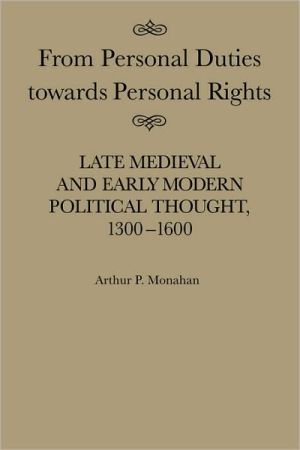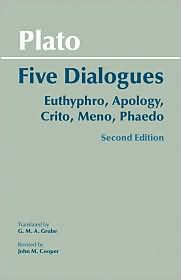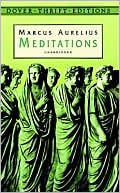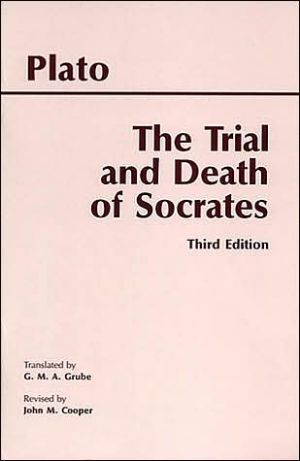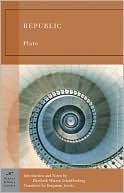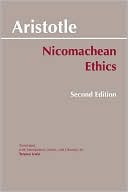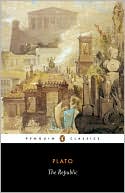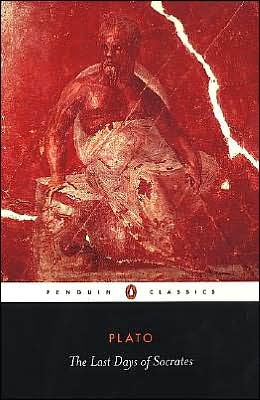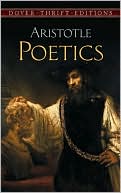From Personal Duties Towards Personal Rights
Part One examines the late medieval northern Italian city-state republics and the humanist depiction of their form of polity. Part Two reviews the legal (principally canonical) and political thought behind the development of a theory of popular consent and limited authority employed to resolve the Great Schism in the Western church. Part Three describes sixteenth-century Spanish neoscholastic political writings and their application to Reformation Europe and Spanish colonial expansion in the...
Search in google:
Focusing on the concepts of popular consent, representation, limit, and resistance to tyranny as essential features of modern theories of parliamentary democracy, Monahan shows a continuity in use of these concepts across the alleged divide between the Middle Ages and the Renaissance and Reformation. Each of the four parts of the book deals with a specific historical event or phenomenon that provides a focus for the political writings of that period. Booknews Continuing the historical investigation begun in Consent, Coercion, and Limit, Monahan (philosophy emeritus, St. Mary's U.) examines Western political thought during the period c.1300-c.1600. Focusing on the concepts of popular consent, representation, limit, and resistance to tyranny as essential features of modern theories of parliamentary democracy, he shows a continuity in use of these concepts across the alleged divided between the Middle Ages and the Renaissance and Reformation. Annotation c. Book News, Inc., Portland, OR (booknews.com)
AcknowledgmentsPrefaceAbbreviationsIntroduction3Pt. 1Civic Republicanism and Renaissance Liberty1Italy: Fourteenth-century Political and Legal Development132Bartolus of Sassoferrato213Baldus de Ubaldis234Fifteenth-century Humanist Political Thought325Sixteenth-century Humanist Political Thought37Pt. 2Constitutionalism in the Church2John of Paris653Conciliar Thought in the Fourteenth Century68Joannes Monachus68Guilielmus Durantis70The Academic Canonists734Conciliarism at the Time of the Great Schism and Basle75Pierre d'Ailly76Jean Gerson90Franciscus Zabarella95Nicholas of Cusa985Conciliarism after Basle107John Major109Jacques Almain1146Conciliarism Secularized: George Buchanan121Pt. 3Consent and Limit in Spanish Neo-Scholasticism1Spanish Scholasticism1282Cardinal Cajetan (Tommaso de Vio)1423Alonzo de Castrillo1454Juan Luis Vives1465Francisco de Vitoria1476Juan de Mariana1617Francesco Suarez166Pt. 4Emerging Rights as a Basis for Resisting Authority: Reformation Political Thought2Martin Luther1953John Calvin2174Theodore Beza2395Peter Martyr Vermigli2496Francois Hotman: The Francogallia2567Mornay: The Vindiciae contra tyrannos2608Richard Hooker273Conclusion294Bibliography301Index431
\ BooknewsContinuing the historical investigation begun in Consent, Coercion, and Limit, Monahan (philosophy emeritus, St. Mary's U.) examines Western political thought during the period c.1300-c.1600. Focusing on the concepts of popular consent, representation, limit, and resistance to tyranny as essential features of modern theories of parliamentary democracy, he shows a continuity in use of these concepts across the alleged divided between the Middle Ages and the Renaissance and Reformation. Annotation c. Book News, Inc., Portland, OR (booknews.com)\ \
